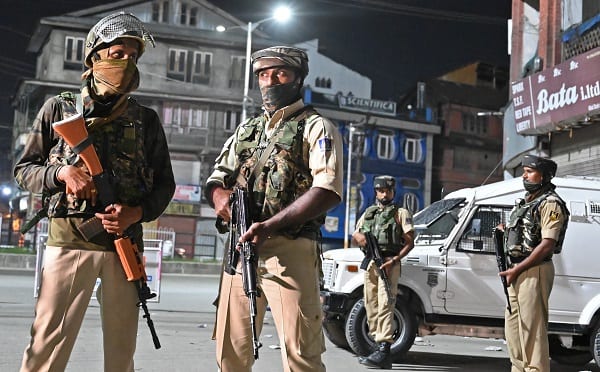- Saturday, July 27, 2024

By: indiaweekly.biz Staff
THE stalemate in Kashmir continued for the 44th consecutive day on Tuesday as normal life remained severely affected in the valley after Indian government abrogated Article 370 of the Constitution that gave a special status to Jammu and Kashmir and bifurcated the state into Union Territories.
Markets and other business establishments remained closed while public transport was largely off the roads across the valley, officials said.
However, they added that a large number of private vehicles and some private taxis and autorickshaws were seen plying in many parts of the city, while some roadside vendors also plied their trade.
The efforts of the state administration to open schools up to the high school level have not borne any fruit as parents continue to keep the kids at home.
The government offices are open but attendance in most of these offices was thin due to lack of public transport, the officials said, adding that the offices at the district headquarters registered normal attendance.
While landline telephone services have been restored across the valley, mobile telephone services in most parts of Kashmir and all internet services continue to remain suspended since August 5, when the Centre abrogated Article 370.
Most of the top-level and second-rung separatist politicians have been taken into preventive custody, while mainstream leaders including two former chief ministers- Omar Abdullah and Mehbooba Mufti- have either been detained or placed under house arrest.
The government has detained three-time former chief minister and the Lok Sabha MP from Srinagar, Farooq Abdullah, under the stringent Public Safety Act, a law enacted by his father and National Conference founder Sheikh Mohammad Abdullah in 1978 when he was the chief minister of the state.